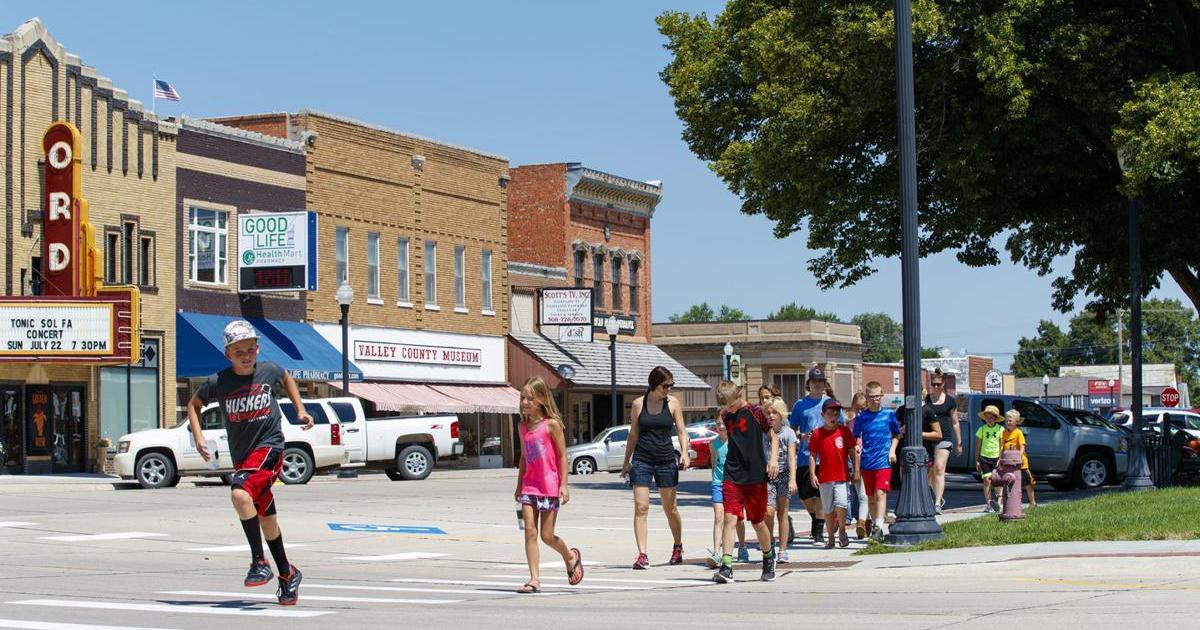FORT SMITH, Ark – As the COVID-19 pandemic rolled through the summer and into fall, the dreary news for small businesses kept piling up.
While thousands of enterprises shut down at least temporarily – and many permanently, although the specific count is in flux – U.S. Census Bureau polling showed that 75% of small business owners said the pandemic had a large or moderate negative effect on their business.
A Kauffman Foundation survey comparing the challenges entrepreneurs reported in the spring and the fall of 2020 showed a noticeable increase in concerns about finding customers, self-doubt and fear, and worry about covering expenses. Further down the list, but still significant: a 5% rise in concern about location, region, or geography.
“A tornado destroyed a third of our town in 2001 and our inventory was wiped out in a week’s time,” said Gene Manweiler, owner of Manweiler Chevrolet in Hoisington, Kansas. “In 2009, we went through the stress of what GM (General Motors) dealers call Black Friday, when GM shut down 1,100 dealerships and we were afraid we would get ‘the letter.’
“But the stress of COVID-19 is double any of those stresses.”
For businesses across rural Kansas, keys to survival through 2020 include offering unique products and services, as well as a long-established presence in their communities.
For a few, known as destination businesses, their appeal is so strong that they continue to draw people in, even from outside their immediate community.
“These businesses have identified something that’s so compellingly unique that a customer says ‘this is at the top of my list,’” said Jon Schallert, who runs a workshop for potential destination businesses. “Frequently, it comes from an owner following a passion, which carries over into their employees, customers, and marketing.”
When successful, a destination business can complement a strong local presence with a regional and national customer base. And, as four business owners in remote Kansas towns have discovered this year, it can help them endure the most abrupt economic drop-off in the nation’s history.

